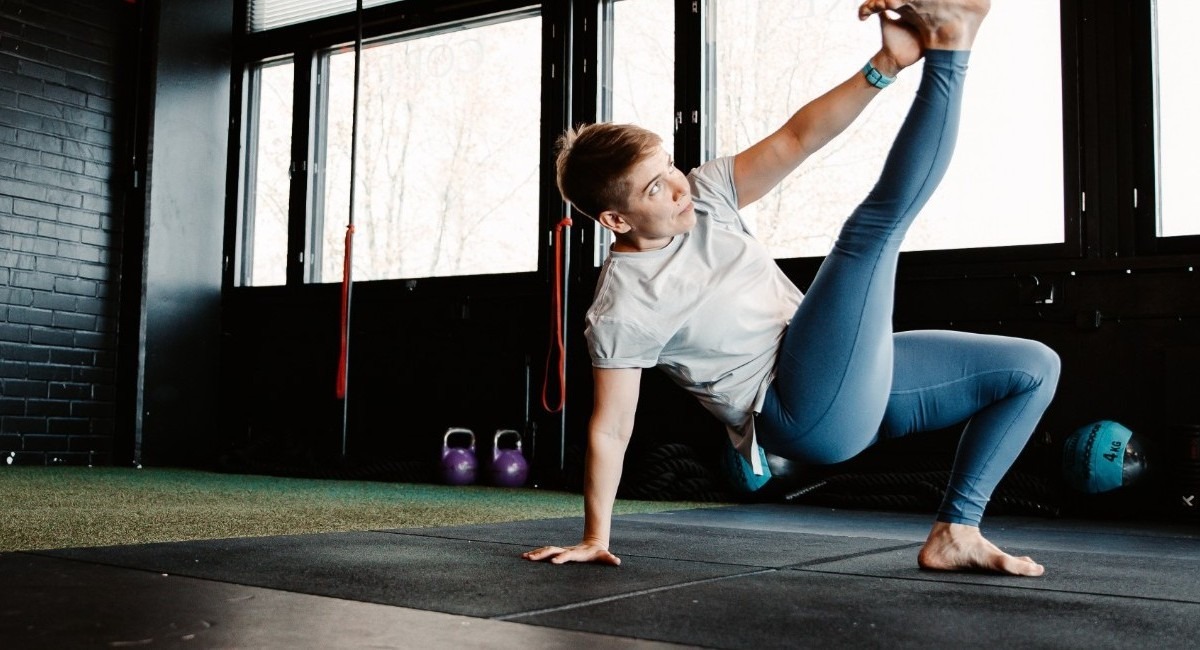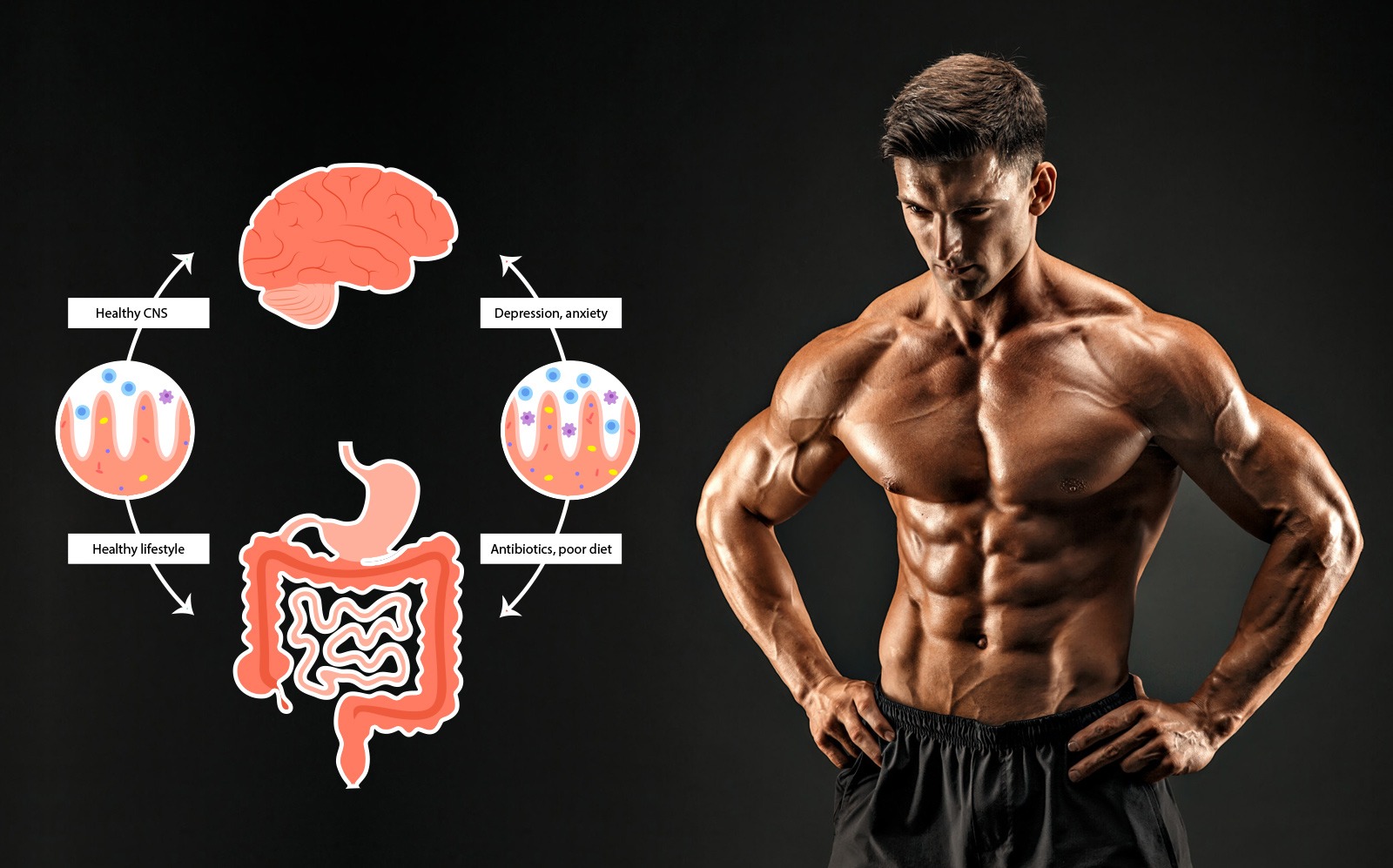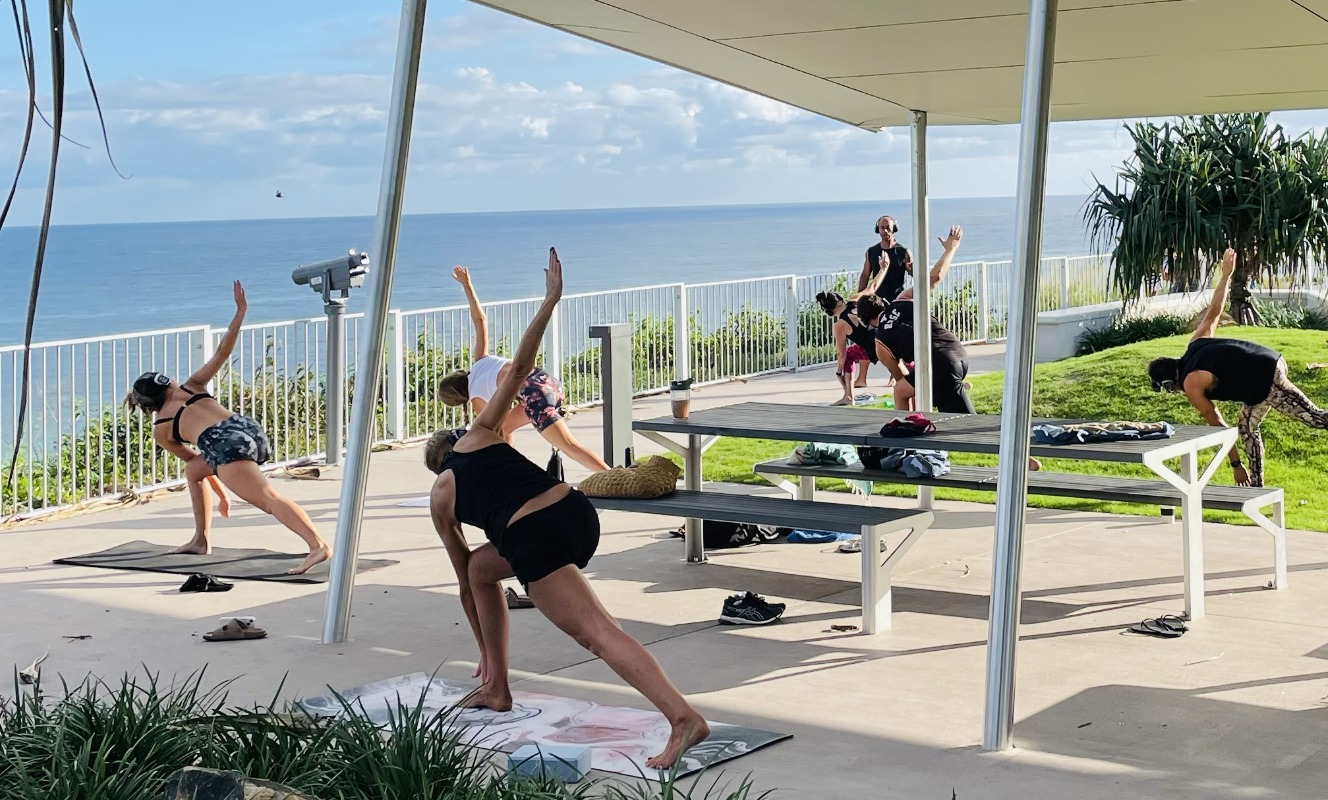
Sports as Medicine: A Fun Way to Boost Your Fitness
Sports can serve as an enjoyable and effective way to improve physical and mental health. Beyond fitness, engaging in sports enhances cardiovascular health, strengthens muscles, sharpens mental acuity, and fosters social connections. This article explores how sports act as medicine, offering an engaging alternative to conventional workouts, while providing long-term health benefits.
💪 Fitness Guru
11 min read · 3, Jan 2025

1. Physical Health Benefits
- Cardiovascular Health: Engaging in sports like football, basketball, or swimming keeps your heart pumping and improves circulation. This reduces the risk of heart diseases, lowers blood pressure, and enhances overall endurance. Regular physical activity through sports keeps your heart youthful and strong.
- Muscle and Bone Strength: Sports that involve running, jumping, or resistance — like tennis or volleyball — are excellent for building and maintaining muscle strength and bone density. This is especially important as you age to prevent osteoporosis and muscle loss.
- Weight Management: If you’re looking to shed a few pounds or maintain your weight, sports are a dynamic way to burn calories. Activities like badminton or cycling are both enjoyable and effective, making weight loss feel less like a chore.
2. Mental Health Benefits
- Stress Reduction: Sports are an excellent outlet for stress. Whether it’s hitting a tennis ball or kicking a football, physical activity releases endorphins — the body’s natural “happy hormones” — which combat stress and elevate mood.
- Improved Focus and Memory: Engaging in strategy-based sports, such as chessboxing or cricket, sharpens your mind. These activities improve concentration, decision-making, and memory retention, all while keeping you physically active.
- Combatting Depression and Anxiet:y Social interactions in team sports foster a sense of belonging, reducing feelings of loneliness. The physical exertion and accomplishment associated with sports can also improve self-esteem and combat symptoms of depression and anxiety.
3. Social and Emotional Benefits
- Building Relationships: Sports often bring people together. Whether it’s a friendly match or a competitive league, the camaraderie and teamwork involved help in forming lasting bonds.
- Life Skills Development: Through sports, you learn valuable life lessons: teamwork, leadership, patience, and perseverance. These skills are not only useful on the field but also in personal and professional life.
- Confidence Booster: Winning a match or achieving a personal best can boost your confidence. Overcoming challenges in sports teaches you to face obstacles in life with courage and determination.
4. Accessible and Fun for All Ages
Sports aren’t just for the young. Whether you’re a child, an adult, or a senior, there’s a sport suitable for your fitness level and interests. Here are some age-appropriate suggestions:
- Children: Activities like swimming, gymnastics, or soccer help in physical and social development.
- Adults: Tennis, running, or yoga can fit into busy schedules while providing excellent health benefits.
- Seniors: Low-impact sports such as walking, tai chi, or golf keep the body active and the mind sharp.
Q&A Section
Q1: Can I start playing sports at any age?
Ans: Absolutely! There’s no age limit to enjoying sports. Choose activities that match your fitness level and gradually build up your stamina and skills.
Q2: How often should I play sports to see health benefits?
Ans: Aim for at least 150 minutes of moderate-intensity activity per week, as recommended by health experts. That’s about 30 minutes a day, five days a week.
Q3: What if I don’t like traditional sports?
Ans: No problem! Non-traditional activities like dancing, hiking, or even frisbee count as sports. The key is to stay active and have fun.
Q4: How do sports compare to gym workouts?
Ans: Both are beneficial, but sports often feel less monotonous and provide additional social and emotional benefits. It’s about finding what works best for you.
Q5: Can sports replace medicine for chronic conditions?
Ans: While sports can help manage and prevent certain conditions, they should complement medical treatment, not replace it. Always consult a doctor for personalized advice.
Conclusion
Sports are a fun, engaging, and effective way to boost your fitness and overall well-being. By incorporating sports into your routine, you’re not only investing in your health but also in joy, relationships, and personal growth. So, grab your gear, step onto the field, and let’s make fitness a delightful adventure!
Similar Articles
Find more relatable content in similar Articles

Fitness Lessons from Wild Animals – Move Like Nature Intende..
“Discover how observing wild a.. Read More

The Science of Breathwork: Fitness Beyond Muscles...
Exploring how conscious contro.. Read More

Microbiome and Muscle: Gut Health as a Hidden Fitness Tool...
Unlock the hidden potential of.. Read More

The Silent Workout: Fitness Without Any Equipment or Noise...
“Discover the power of silent .. Read More
© 2024 Copyrights by rFitness. All Rights Reserved.